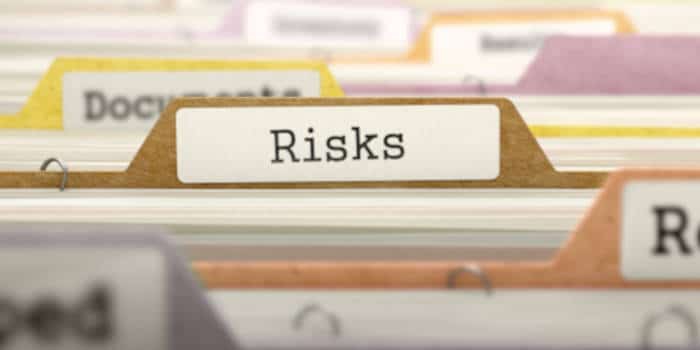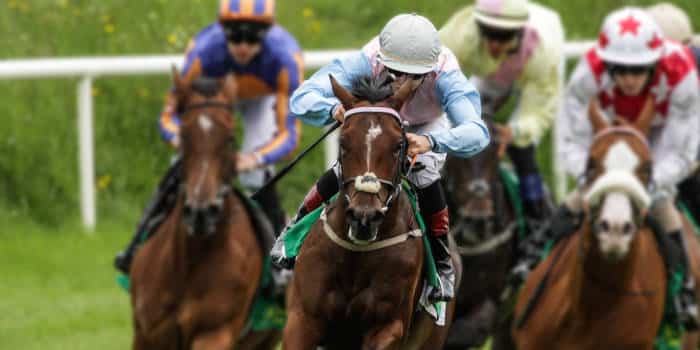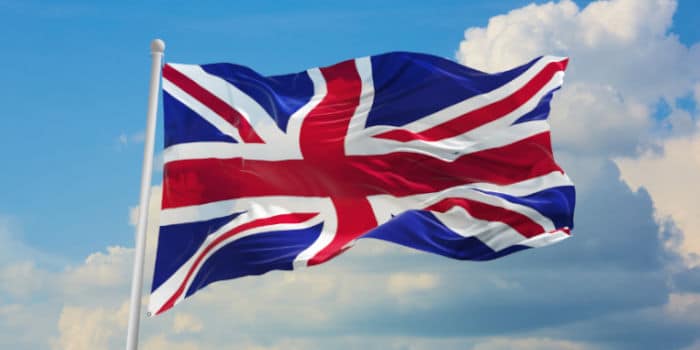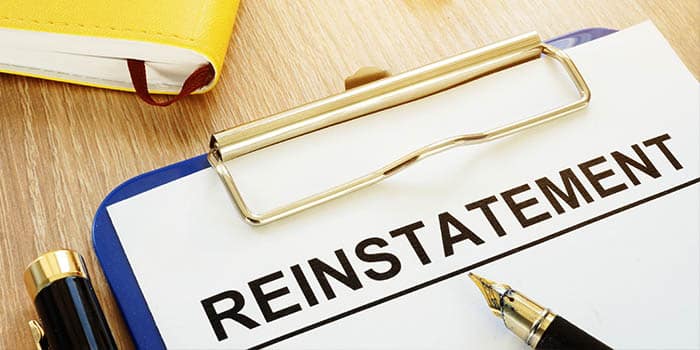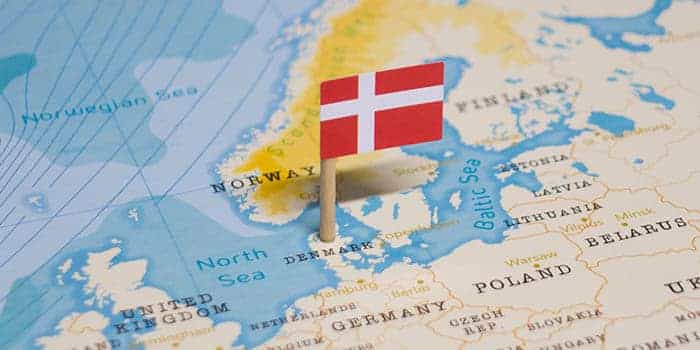- Casino
- By State
- Alabama
- Alaska
- Arizona
- Arkansas
- California
- Colorado
- Connecticut
- Delaware
- Georgia
- Florida
- Hawaii
- Idaho
- Illinois
- Indiana
- Iowa
- Kansas
- Kentucky
- Louisiana
- Maine
- Massachusetts
- Maryland
- Michigan
- Minnesota
- Mississippi
- Missouri
- Montana
- Nebraska
- Nevada
- New Hampshire
- New Jersey
- New Mexico
- New York
- North Carolina
- North Dakota
- Ohio
- Oklahoma
- Oregon
- Pennsylvania
- Rhode Island
- South Carolina
- South Dakota
- Tennessee
- Texas
- Utah
- Vermont
- Virginia
- Washington
- West Virginia
- Wisconsin
- Wyoming
- By State
- Slots
- Poker
- Sports
- Esports
Fact-checked by Velimir Velichkov
Latvia Faces €7.3M Compensation Claim for COVID-19 Gambling Ban
Almost five years after the drastic COVID-19 measures that included banning online and offline gambling in the country, Latvia faces financial compensations in gambling operator claims

The Latvian government faces financial consequences nearly five years after the Parliament first implemented COVID-19 containment measures.
The State must compensate interactive gambling operators following court rulings that deemed the imposed restrictions unlawful.
Operators Filed Collective Claims of €7.3M
According to Latvian Television’s “de facto” program, companies have collectively filed claims amounting to €7.3 million ($7.5 million).
The legal battle stems from a law enacted on March 20, 2020, which instructed the Lotteries and Gambling Supervisory Inspectorate (IAUI) to suspend all gambling licenses, including those for interactive gambling.
This provision remained in effect for 63 days, and the Constitutional Court annulled it in December 2020. The Court then ruled the restriction invalid from its inception.
Operators affected by the law are now seeking compensation for the financial losses incurred during this period.
Initially, lawmakers had only voted to halt physical gambling operations while allowing online gambling to continue.
However, a subsequent amendment, backed by the opposition Greens and Farmers Union (ZZS) and two independent MPs, extended the suspension to interactive gambling as well.
Justifying this move, MP Viktors Valainis (ZZS) argued that “money should stay within the people’s wallets at this time.”
IAUI Had No Choice in the Matter
Gambling companies contested the decision, leading to administrative court rulings in their favor.
While the court acknowledged that IAUI’s enforcement of the suspension was unlawful, it also recognized that the agency was simply executing a directive from Parliament and, therefore, had no choice in the matter.
One of the affected companies, Joker LTD, had initially sought €160,000 ($165,000) in compensation through administrative proceedings.
The court recalculated the amount, finding the claim justified, and ordered the State to pay €107,491 ($110,000), which was settled at the beginning of 2024.
Seizing the opportunity, six other operators submitted reimbursement claims within a year of the court’s decision.
The IAUI received these applications, totaling €7.3 million, in the final months of 2024.
At this stage, the IAUI’s only recourse is to reassess and potentially adjust the claimed amounts.
Compensations Have Three Elements
According to sworn lawyer Lauris Liepa, the compensation claims consist of three key elements, with the first being lost profits, or “everything that the company could have predictably earned, and that was not made up by the company itself but was determined by independent international auditors.”
The second element is the “fall in the value of money.” The third component is the legal costs, which could have been dispensed with if, following the Court’s judgment, the public administration had been given the possibility to “immediately negotiate with the gambling companies,” admit that “Saeima (the Parliament) was wrong,” and proceed to pull the money “out of the budget.”
Liepa further criticized the State’s approach, stating that instead of seeking an early resolution, the government “chose to fight in the courts and lose predictably.”
So far, two decisions have been finalized. LLC Alfor’s initial claim of €656,000 ($677,000) was reduced to €453,000 ($467,000), while Olympic Casino Latvia saw its request cut by nearly half, with a reduction of approximately €300,000 ($309,000).
Decisions on the remaining claims are expected by the end of March.
At the start of the week, the capital city of Riga announced its bold plan to drastically cut the number of gambling venues within its borders, looking to place a ban on betting establishments from almost all urban areas.
In August 2024, Latvia announced its intention to enhance consumer protection by increasing the minimum age for gambling from 18 to 21.
Related Topics:
After finishing her master's in publishing and writing, Melanie began her career as an online editor for a large gaming blog and has now transitioned over towards the iGaming industry. She helps to ensure that our news pieces are written to the highest standard possible under the guidance of senior management.
Next Article


Legal
February 11, 2025
DGOJ Welcomed Spanish Operators and Regulators in Latest AML Meeting
Must Read
More Articles







Industry
July 17, 2025
UEFA Bans FK Arsenal Tivat Due to Match-Fixing

Sports
July 17, 2025
Canelo Alvarez Bets $500K on Usyk Defeating Dubois

Industry
July 16, 2025
ASA Cracks Down on Play’n GO for Problematic Ads

Industry
July 16, 2025
Iowa Regulator Slams FanDuel with $125K in Fines
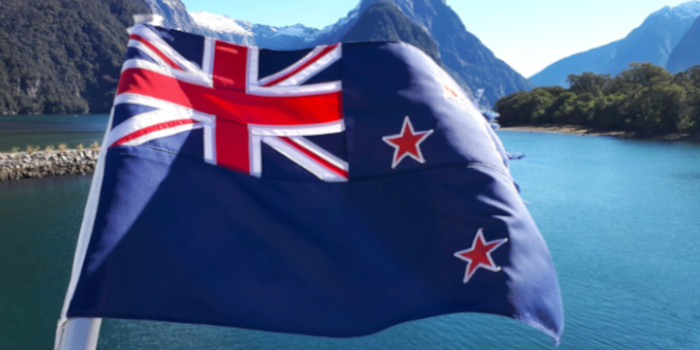
Industry
July 16, 2025
New Zealanders Voice Opposition to iGaming Bill
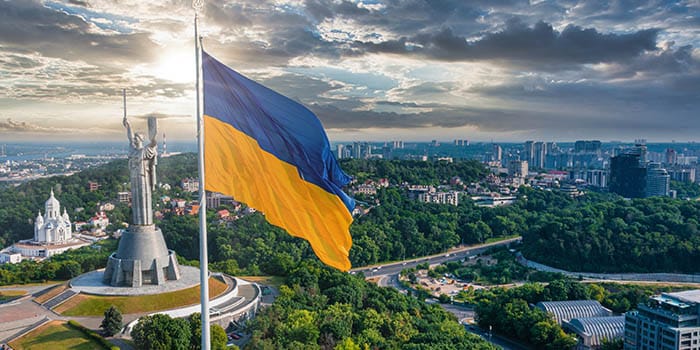
Industry
July 16, 2025
Ukraine Wants Real-Time Online Gambling Oversight


